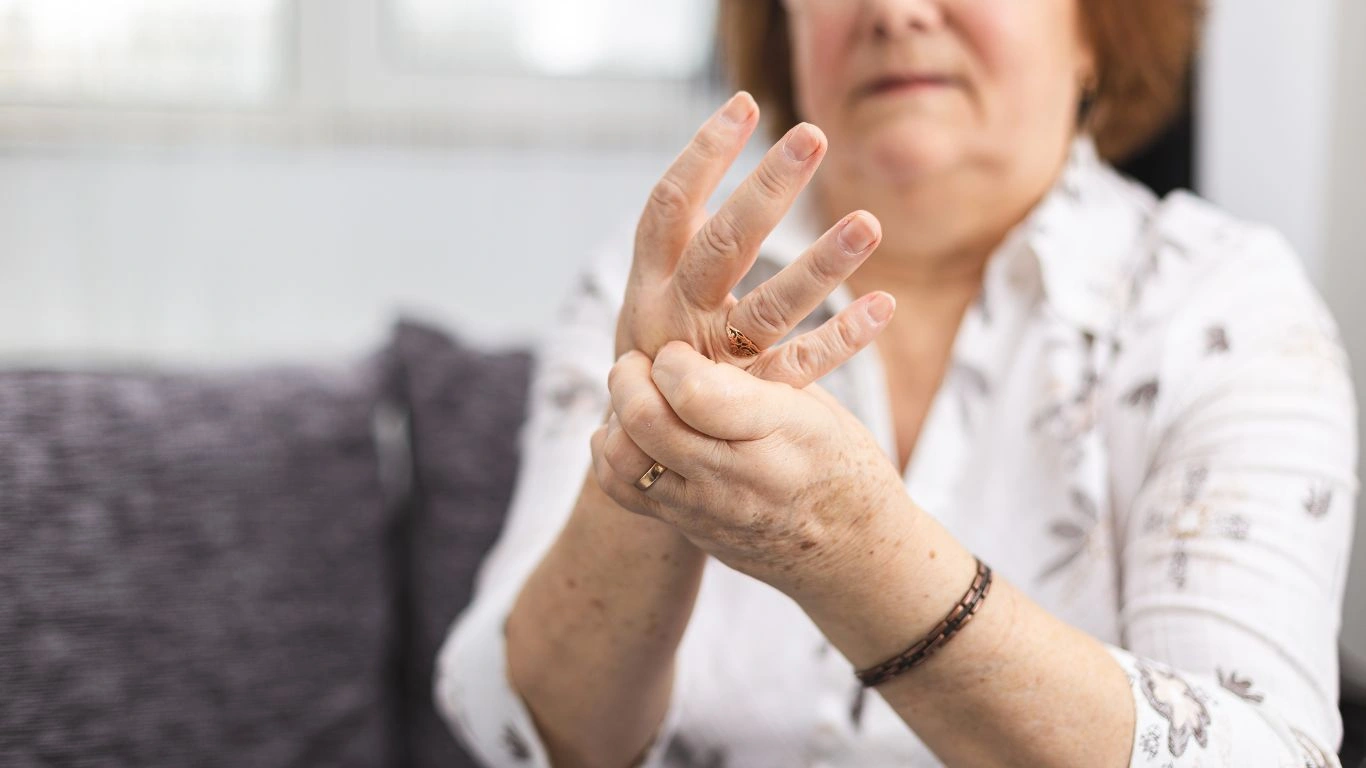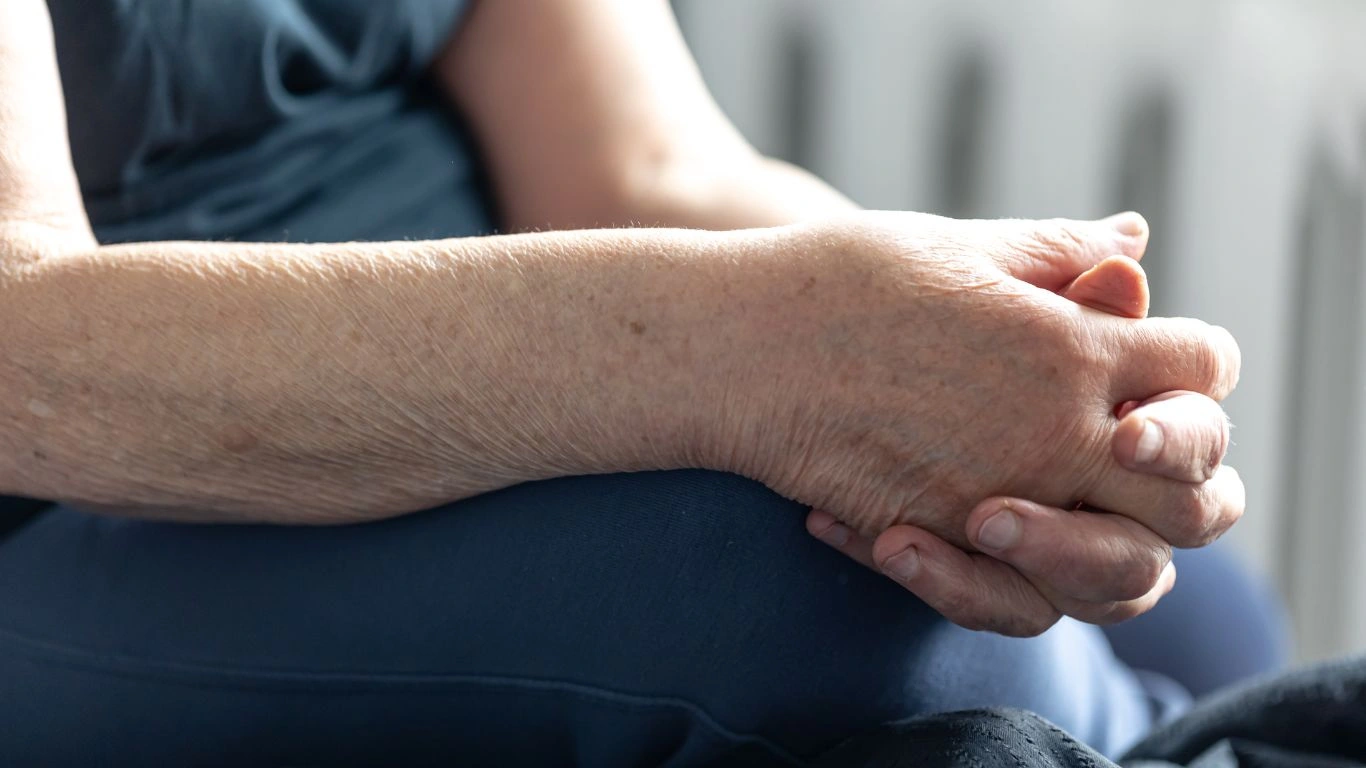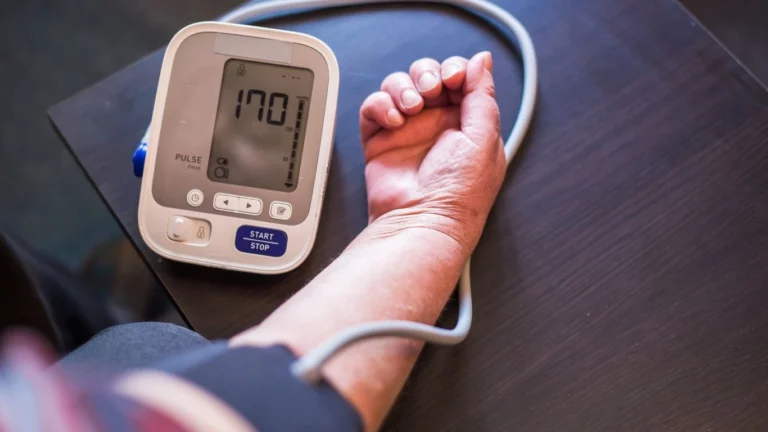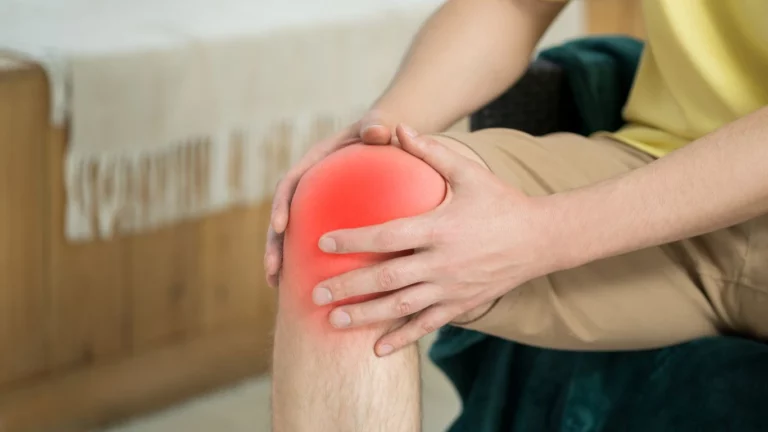Smart Tips for Coping with Rheumatoid Arthritis Fatigue Naturally
If you’ve ever felt like you’ve hit a wall halfway through the day—and you’re living with RA—you’re not alone. Tips for coping with rheumatoid arthritis fatigue isn’t just a trending search term; it’s a real-life need for so many of my patients (and honestly, sometimes even for me after a long clinic day). Fatigue in RA isn’t just feeling “a little tired.” It’s like trying to walk through quicksand with a backpack full of bricks. And when that kind of exhaustion shows up day after day, it can take a toll on everything—your mood, your work, your relationships. But here’s the good news: there are practical, real-world ways to manage it. As a Rheumatology Nurse Practitioner, I’ve walked this path with countless patients, and I want to share what actually helps—beyond the textbook advice.
Understanding Rheumatoid Arthritis Fatigue

What Does RA Fatigue Really Feel Like?
Honestly? It’s hard to describe unless you’ve lived it. It’s not just being sleepy or low energy. My patients describe it as a deep, cellular-level exhaustion—like your body just wants to shut down. You could sleep 10 hours and still wake up feeling wiped out. One of my long-time RA warriors calls it “bone-deep tired.” That really stuck with me.
Why Is Fatigue So Common in RA?
This is one of the most common questions I get in the clinic. There’s no single reason—it’s more like a perfect storm of culprits:
- Inflammation: RA is an inflammatory disease, and chronic inflammation wears your body down over time.
- Pain: Ongoing joint pain messes with your sleep and drains your energy.
- Medications: Some RA meds (hello, methotrexate!) can add to the fatigue burden.
- Sleep Disruption: Pain, restless legs, or nighttime anxiety about flares can make it hard to get restful sleep.
- Emotional Toll: Let’s be real—living with a chronic illness is emotionally exhausting.
Daily Habits That Can Help Fight Fatigue

1. Don’t Underestimate the Power of Pacing
One of the first things I teach my newly diagnosed patients is energy conservation. You don’t have to be a superhero every day. And you know what? That’s okay. Instead of trying to push through, try pacing:
- Break big tasks into smaller steps.
- Build rest breaks into your day (yes, actually schedule them!).
- Learn to say no without guilt—it’s not selfish, it’s self-preservation.
One patient told me she sets a timer every hour to check in with herself: “Do I need to pause? Stretch? Hydrate?” Simple, but powerful.
2. Anti-Inflammatory Diet = Anti-Fatigue
Now, I’m not saying kale will fix everything, but your diet does play a role. Reducing inflammation through food can help ease the overall fatigue burden. I always suggest:
- Load up on: omega-3s (salmon, flaxseed), leafy greens, berries, nuts
- Limit: sugar, processed foods, red meat, excessive caffeine (yep, I said it)
One of my favorite success stories? A patient who swapped her daily fast food lunch for a quinoa bowl with grilled veggies. Within a few weeks, her energy started creeping back up. Coincidence? Probably not.
3. Prioritize Sleep Like Your Life Depends on It (Because It Kind of Does)
Sleep hygiene is a phrase that gets thrown around a lot, but let me break it down the way I explain it to my patients:
- Same bedtime + wake time (even on weekends—sorry!)
- No screens for at least 30 minutes before bed
- Cool, dark, quiet sleep environment
- Wind-down ritual: herbal tea, gentle stretching, prayer, journaling—whatever helps your mind chill out
And if pain wakes you up at night, talk to your provider. You might need a med tweak or physical therapy. Sleep matters more than people realize.
Emotional & Mental Wellness

Let’s Talk About the Mental Load
Fatigue isn’t just physical. The emotional and cognitive load of living with a chronic illness can be just as heavy. There’s a term called “RA brain fog,” and it’s real. That cloudy, can’t-focus, everything-feels-harder kind of mental fuzziness? It’s part of the package.
Here’s what helps:
- Therapy or counseling: Don’t wait until you hit a breaking point. Therapy is maintenance, not emergency care.
- Mindfulness practices: I’m a fan of guided meditation apps (and so are my patients who actually try them!).
- Support groups: Whether it’s online or in-person, talking to others who “get it” is incredibly validating.
I always say—RA may be a physical diagnosis, but it touches every part of your life. Caring for your mental health isn’t optional; it’s essential.
Movement Matters (Even When You’re Tired)

Yes, Exercise—But Hear Me Out
When I bring up movement with my patients dealing with fatigue, I often get “that look.” You know the one—like I just asked them to run a marathon. But here’s the thing: the right kind of movement can actually give you more energy, not less. We’re not talking about boot camps or HIIT here. Think gentle, supportive, and regular.
One of my favorite quotes to share is, “Motion is lotion.” Sounds cheesy, but it’s true. Light movement helps lubricate joints, improve circulation, and boost those feel-good endorphins. That’s a trifecta for fighting fatigue. I usually recommend:
- Stretching: Start your day with 5–10 minutes of slow, mindful stretches—shoulders, neck, hips, wrists.
- Walking: A short stroll (even around the house or yard) can make a difference.
- Water-based exercises: The buoyancy reduces joint strain—perfect for RA folks.
- Gentle yoga or tai chi: So many of my patients love this for calming the mind and body at the same time.
One patient told me her “movement medicine” was dancing in her kitchen to ‘80s hits every morning while her coffee brewed. That counts! Find what feels good and do it your way.
Start Small, Stay Consistent
If your energy’s already on low, the idea of adding anything can feel overwhelming. So don’t overthink it. Start with five minutes. That’s it. You’re not training for a fitness challenge—you’re giving your body what it needs to move better and feel better.
Managing Energy Like a Pro: The Spoon Theory in Action

What Is the Spoon Theory?
If you’ve never heard of it, the Spoon Theory is a metaphor created by Christine Miserandino to explain what it’s like living with chronic illness. Basically, you start your day with a set number of “spoons,” and every task—getting dressed, making breakfast, commuting—uses them up. Healthy folks have unlimited spoons. RA folks? Not so much.
Understanding this concept really helps with planning your day. I’ve had patients who keep literal spoon magnets on their fridge as a daily reminder to pace themselves. Here’s how to use it:
- Track your high and low energy times: Use your peak moments for the things that matter most.
- Group tasks: Do similar things at the same time to avoid running back and forth.
- Ask for help: Save your spoons for the stuff only you can do—delegate the rest.
I once had a patient say, “I used to feel lazy for not doing it all. Now I realize I’m being smart.” That mindset shift is huge.
Supplements, Meds, and Lab Work: What to Check If Fatigue Won’t Budge

Don’t Assume It’s Just RA Fatigue
This one’s big, and I wish more people knew it. Just because you have RA doesn’t mean all your fatigue is from the RA itself. Sometimes, there’s more going on under the surface—and as a Rheumatology NP, this is something I check for often.
Common Culprits I Look For:
- Iron deficiency or anemia: This is a biggie, especially in women. Simple bloodwork can uncover it.
- Vitamin D deficiency: Fatigue, muscle aches, low mood—yep, low D can mimic RA symptoms.
- Thyroid issues: Hypothyroidism and autoimmune thyroiditis often show up alongside RA.
- Sleep apnea: Especially if you snore, wake up gasping, or feel worse in the morning.
- Medication side effects: Fatigue from methotrexate, biologics, or steroids? It’s a real thing.
So if you’ve done all the lifestyle work and you’re still dragging, don’t tough it out. Ask for labs. Ask for a med review. We want to treat the root—not just throw more caffeine at it (though hey, coffee has its place!).
Speaking of Supplements…
Here’s the thing with supplements: they’re not magic, and they’re not one-size-fits-all. But there are a few I’ve seen help patients over the years, when used safely:
- Omega-3 fish oil: Anti-inflammatory and joint-friendly
- Turmeric/curcumin: Natural inflammation support (but check interactions!)
- Vitamin D: Especially important in colder months or if you don’t get much sun
- Magnesium: Can help with muscle recovery, sleep, and energy regulation
Always chat with your provider before starting anything new—especially since supplements can interact with RA meds. I’ve seen patients improve their fatigue by filling in just one key nutrient gap. The body is all connected, and sometimes the solution is simpler than we think.
Building a Support System That Lifts You Up
You Don’t Have to Do This Alone
This one’s close to my heart. RA fatigue can be incredibly isolating. People may not see your pain, and they often don’t understand why you’re too tired to make dinner or go out. That’s why community matters—a lot.
I encourage my patients to build their “RA crew”—a circle of people who truly get it, or at least try to. This might include:
- Family or close friends who learn and support your needs
- RA-specific support groups (Facebook has some great ones, or check local meetups)
- Therapist or coach to help process the emotional weight
- Online communities and forums—for those 2 a.m. flare nights when you need to vent or find a tip
One of my favorite things is hearing patients say, “I don’t feel crazy anymore—I found my people.” That alone can lighten the fatigue load more than most folks realize.
Work, Productivity, and Pacing in Real Life

Let’s be honest—managing rheumatoid arthritis fatigue while holding down a job can feel like a full-time job in itself. I’ve had so many patients walk into my office, defeated, saying, “I love my work, but I don’t know how to keep up.” Been there, heard that—more times than I can count.
The good news? There are ways to adapt without burning out. I often recommend starting with a conversation—if possible—with HR or a supportive manager. Many folks don’t realize that under workplace laws (depending where you live), you might qualify for accommodations like:
- Flexible scheduling or remote work options
- Modified duties or lighter physical tasks
- Ergonomic adjustments (desk, chair, keyboard)
- More frequent breaks
One patient of mine was a schoolteacher who started using a stool during class and shifted to online grading at home in the evenings. Small tweaks, big difference. It’s not about doing less—it’s about doing smarter.
Energy Planning Tools I Recommend
When it comes to day-to-day productivity, I love suggesting practical tools that actually help you prioritize your energy:
- The Eisenhower Matrix: Helps you figure out what’s urgent vs. what can wait.
- Bullet journaling: Minimal effort, maximum clarity. Track energy trends too.
- Voice-to-text apps: Great for journaling, notes, or even replying to emails on low-energy days.
I use some of these tools myself when I’m managing back-to-back clinic days. And trust me—your energy is worth managing just as carefully as your schedule.
Celebrating Small Wins (Because They Matter)

Progress Isn’t Always Linear—and That’s Okay
If there’s one thing I try to hammer home with every RA patient I meet, it’s this: progress doesn’t have to look like a straight line. Some days you’ll feel like you’re thriving; others, you’ll be counting spoons by 9 a.m. And that’s not failure—it’s reality.
One of my patients keeps a “fatigue wins” notebook where she writes down every small victory—days she cooked dinner, went for a walk, or just made it to her rheumatology appointment on time. I love that. Because when you’re dealing with something as invisible (and stubborn) as RA fatigue, those little moments are the big ones.
Mindset Shifts That Help
We talk a lot about physical strategies, but don’t sleep on the power of your mindset. Here are a few reminders I give my patients (and sometimes myself!):
- You are not lazy. You are managing a full-time condition.
- Rest is productive. It’s not wasted time—it’s healing time.
- You don’t owe anyone an explanation. “No” is a full sentence.
The emotional weight of RA fatigue is real, and giving yourself compassion goes a long way. We often extend grace to others—but forget to do the same for ourselves.
Final Thoughts on Long-Term Fatigue Management
It’s a Journey—Not a One-and-Done Fix
Managing RA fatigue isn’t something you master overnight. It’s a fluid, evolving process. What works today might not tomorrow—and that’s okay. The key is staying curious and responsive to your body’s needs.
Over time, you’ll build a toolkit of habits, routines, and support systems that work for you. It’s never about perfection. It’s about progress, presence, and giving yourself the space to adjust.
And just so you know—if no one’s told you lately—you’re doing better than you think. Living with RA takes strength, resilience, and a lot of invisible work. You’re not alone in this.
Resources & Where to Learn More
If you’re ready to dive deeper, here are some reputable places I often point patients to for further info:
- Arthritis Foundation
- American College of Rheumatology
- Mayo Clinic
- Centers for Disease Control and Prevention (CDC)
Be cautious with health advice from random blogs or influencers. Always cross-check with your rheumatology provider or a trusted medical source.
Disclaimer
This article is for informational purposes only and does not replace professional medical advice, diagnosis, or treatment. Always consult with your healthcare provider before making changes to your treatment plan, starting new supplements, or adjusting medications.

Tarra Nugroho is a dedicated Nurse Practitioner with a strong foundation in family and preventive care. She brings both compassion and clinical expertise to her practice, focusing on patient-centered care and health education. As a contributor to Healthusias.com, Tarra translates medical knowledge into clear, empowering articles on topics like women’s health, chronic disease management, and lifestyle medicine. Her mission is simple: help people feel seen, heard, and informed—both in the clinic and through the content she creates. When she’s not caring for patients, Tarra enjoys weekend hikes, plant-based cooking, and curling up with a good health podcast.







